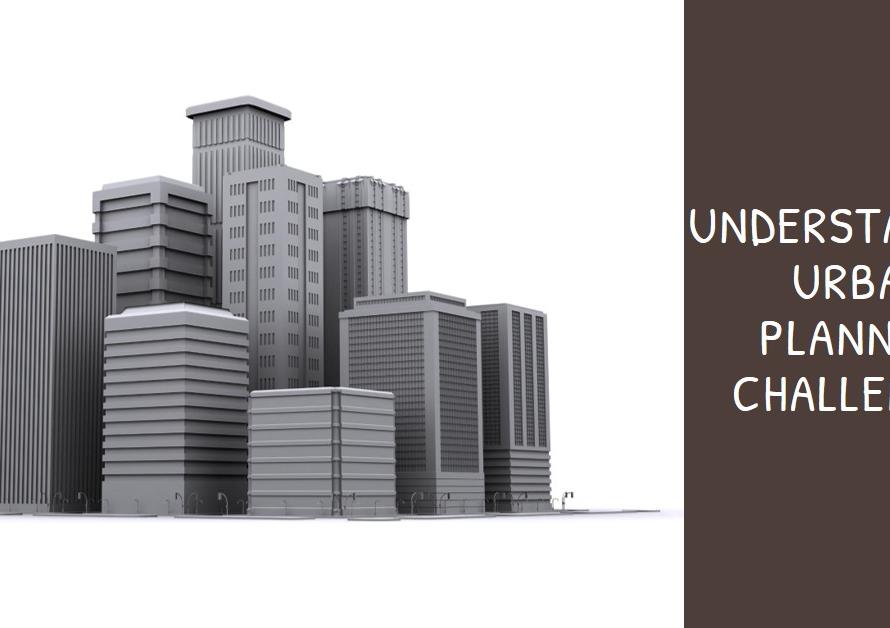
Table of Contents
- Exploring Job Opportunities in Environmental Design
- The Green Architects: Building a Sustainable Future
- Landscape Designers: Crafting Eco-Friendly Outdoor Spaces
- Urban Planners: Shaping Sustainable Cities
- Environmental Consultants: Advising for a Greener Tomorrow
- Sustainable Product Designers: Innovating for Eco-Friendly Goods
- Renewable Energy Specialists: Powering the Future
- Environmental Engineers: Solving Complex Environmental Problems
- Ecologists: Understanding and Preserving Natural Systems
- Environmental Educators: Inspiring the Next Generation
- Conclusion: A World of Opportunities
Exploring Job Opportunities in Environmental Design
Environmental design is a burgeoning field that merges creativity with sustainability, crafting spaces that are not only aesthetically pleasing but also environmentally responsible. With increasing awareness about environmental issues and the pressing need for sustainable solutions, job opportunities in environmental design are on the rise. This blog post delves into the various career paths available, the skills required, and the potential for growth in this exciting field.
The Green Architects: Building a Sustainable Future
Green architects play a pivotal role in environmental design by creating buildings that minimize environmental impact. They focus on energy efficiency, use of sustainable materials, and integration of natural elements. Aspiring green architects need a strong foundation in architecture, along with specialized knowledge in sustainable design practices.
In this role, professionals often work on projects that aim to achieve certifications such as LEED (Leadership in Energy and Environmental Design). Green architects not only contribute to reducing carbon footprints but also enhance the quality of life for building occupants through thoughtful design.
Landscape Designers: Crafting Eco-Friendly Outdoor Spaces
Landscape designers specialize in planning and designing outdoor areas, ensuring they are both beautiful and sustainable. These professionals work on a variety of projects, from residential gardens to large public parks. Their goal is to create spaces that support local ecosystems, conserve water, and use native plants.
A career in landscape design requires a blend of creativity and technical skills. Knowledge of horticulture, soil science, and environmental regulations is essential. Landscape designers often collaborate with urban planners, architects, and environmental scientists to create holistic and sustainable outdoor environments.
Urban Planners: Shaping Sustainable Cities
Urban planners are at the forefront of creating sustainable cities. They develop plans and programs for land use, aiming to create communities that are efficient, livable, and environmentally friendly. Urban planners address issues such as transportation, housing, and green spaces, ensuring that cities can accommodate growing populations without compromising environmental health.
This career path demands a comprehensive understanding of environmental policy, geographic information systems (GIS), and urban development trends. Urban planners must also possess strong analytical and communication skills to effectively present their plans to stakeholders and the public.
Environmental Consultants: Advising for a Greener Tomorrow
Environmental consultants provide expert advice to businesses and government agencies on how to reduce their environmental impact. They conduct assessments, develop strategies for sustainability, and ensure compliance with environmental regulations. This role often involves site visits, data analysis, and report writing.
To become an environmental consultant, a background in environmental science or engineering is typically required. Consultants must stay updated on the latest environmental laws and technologies. This career offers the opportunity to make a tangible impact by guiding organizations towards more sustainable practices.
Sustainable Product Designers: Innovating for Eco-Friendly Goods
Sustainable product designers focus on creating products that are environmentally friendly throughout their lifecycle. This includes considering the materials used, the manufacturing process, and the product’s end-of-life disposal. These designers strive to minimize waste and reduce the environmental footprint of the products they create.
A career in sustainable product design requires creativity, problem-solving skills, and a deep understanding of sustainable materials and manufacturing processes. These professionals often work closely with engineers, marketers, and supply chain managers to bring eco-friendly products to market.
Renewable Energy Specialists: Powering the Future
Renewable energy specialists design and implement systems that harness energy from renewable sources such as solar, wind, and hydro power. They work on projects ranging from residential solar installations to large-scale wind farms. Their work is crucial in reducing reliance on fossil fuels and mitigating climate change.
This career path requires expertise in engineering, physics, and environmental science. Renewable energy specialists must also stay abreast of technological advancements and regulatory changes in the energy sector. Their efforts contribute significantly to creating a sustainable and energy-efficient future.


Environmental Engineers: Solving Complex Environmental Problems
Environmental engineers use principles of engineering, soil science, biology, and chemistry to develop solutions to environmental problems. They work on projects such as waste management, pollution control, and water treatment. Environmental engineers play a key role in protecting public health and the environment.
A career in environmental engineering demands strong analytical skills, creativity, and a solid foundation in engineering principles. These professionals often collaborate with other engineers, scientists, and policymakers to design and implement effective environmental solutions.
Ecologists: Understanding and Preserving Natural Systems
Ecologists study the relationships between organisms and their environments. They conduct research to understand how ecosystems function and develop strategies for conservation and restoration. Ecologists play a crucial role in preserving biodiversity and maintaining ecosystem health.
To pursue a career in ecology, a background in biology or environmental science is essential. Ecologists must have strong research skills and the ability to analyze complex data. Their work often involves field studies, data collection, and collaboration with conservation organizations and government agencies.
Environmental Educators: Inspiring the Next Generation
Environmental educators work to raise awareness about environmental issues and promote sustainable practices. They develop educational programs, conduct workshops, and create materials to educate the public, students, and professionals about environmental stewardship.
A career in environmental education requires excellent communication skills, creativity, and a passion for teaching. Environmental educators often work for schools, non-profits, parks, and government agencies. Their efforts are vital in fostering a culture of sustainability and inspiring future generations to care for the planet.
Conclusion: A World of Opportunities
The field of environmental design offers a diverse array of career paths, each contributing uniquely to the goal of sustainability. From designing green buildings to educating the public, professionals in this field are making a significant impact. As environmental concerns continue to grow, the demand for skilled and passionate individuals in environmental design will only increase. Embracing a career in this field not only offers a rewarding professional journey but also the chance to make a positive difference in the world.


